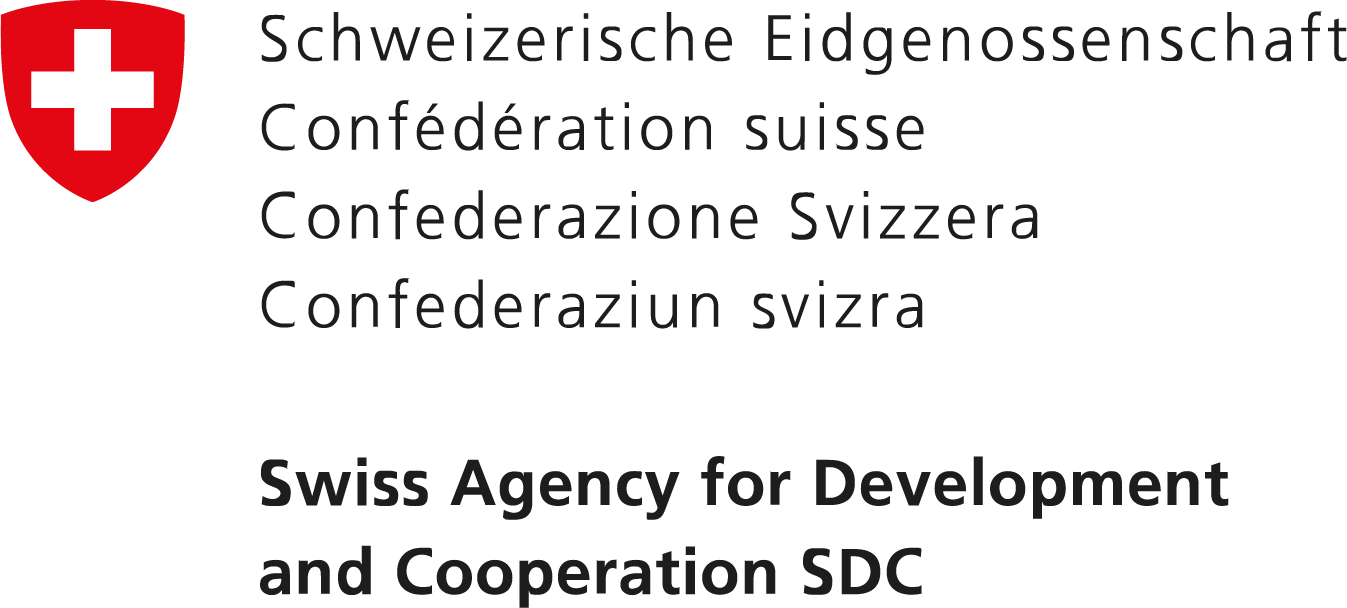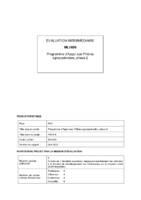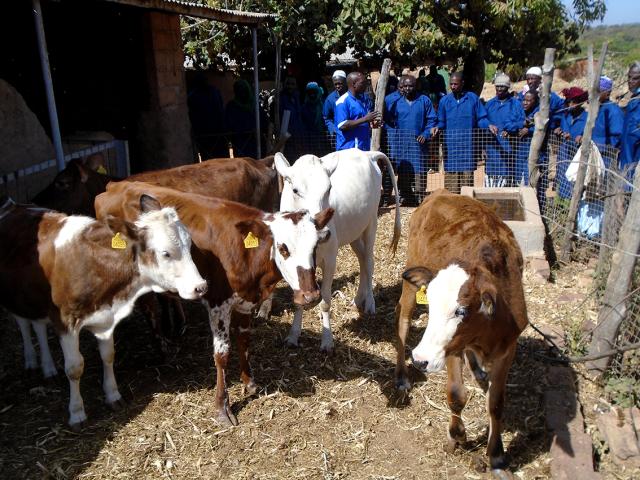Support to agropastoral value chains - Phase II
In execution
© Pierre Coulibaly (LuxDev)
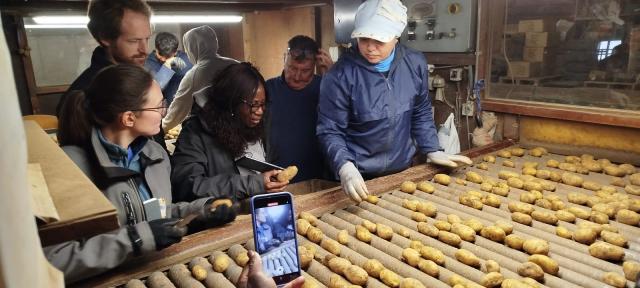
Preview
Donor(s)
- Luxembourg
- Switzerland
Implementation period
01.01.2021 - 31.12.2025
Total duration
60 months
Based on a successful first phase of the Support programme to agropastoral value chains, the Sikasso Regional Council, the Ministry in charge of the agriculture and livestock, the Swiss Cooperation and the Luxembourg Cooperation have agreed on a new phase of the programme.
General objective
The general objective of Support programme to agropastoral value chains II aims to increase the income of agro-pastoral family farms, businesses and the most vulnerable people in southern Mali.
Specific objective
The specific objective aims to increase South Mali's local milk and potato sectors' productivity and employability in a sustainable manner.
Phase I
The first phase of the Support programme to agropastoral value chains, financed by the Swiss Cooperation from 2016 to 2020, supported the various links in the milk and potato sectors in the Sikasso region by adopting a "value chain" approach. One of the programme's major achievements has been to promote dynamic complementarity between the key partners of the sectors: the local authorities (regional council level), the professional organisations with their members and the private sector.
Until now, the programme's achievements have contributed to the greater sustainability of the actions carried out by the various players in the two sectors. Thus, the following successes have contributed to the development of both value chains and demonstrated their economic potential for the region: financing methods combining public grants with the mobilisation of private investment potential, capacity building of producers' organisations and inter-professions, development of production (local production of potatoes seedlings, irrigation techniques, technical itineraries, etc.), council-support to producers and improved marketing (professionalisation of processing, increased product quality, compliance with standards, etc.).
Phase II
With a duration of four years, the three major results envisaged by the second phase of the programme are:
- quality products from the local milk and potato value chains reach the markets in a competitive manner;
- the various links in the two value chains are professionalised, inclusive and have renewed skills;
- the performance of the value chains is improved thanks to the private sector, civil society, professional organisations and public institutions, each in its role.
The first and the third results are in line with the continuity of the first phase and the dynamics of change initiated, through an improvement of the implementation modalities relating to the public and private financing mechanism. The programme's challenges will be primarily based on the inclusiveness of the value chains, the empowerment of the producer organisations and inter-professional organisations, as well as the sustainability of production systems, and food systems.
The programme's most significant innovation comes from the ambition envisaged by its second result. Its achievement is based on the joint action between the actors of the value chains and those of the initial and continuing vocational training. The professional integration of trained young people is also supported so that they can obtain decent and sustainable incomes within the local milk and potato value chains. The programme prioritises the cross-cutting integration of gender, environmental protection, the fight against climate change, good governance, commercial development, capacity building and conflict sensitive management. In addition, greater inclusion of women and young people is expected in the activities of the local milk and potato value chains. Empowerment of partners and sustainability of interventions are also an important part of the programme.
The programme will directly benefit around 14,000 family farms (men, women and young people) and aims for a professional integration with a decent income for at least 700 young people leaving initial vocational training systems.
The programme contributes to Mali's achievement of the Sustainable Development Goals through its alignment with the strategic framework for economic recovery and sustainable development, particularly its strategic axis 3, which aims at inclusive growth and structural transformation of the economy. It also contributes to the National Agricultural Sector Investment Plan 2019–2023 and takes into account the Agricultural Land Law.
This second phase converges perfectly with the Luxembourg Indicative Cooperation Programme IV in Mali, whose thematic priorities are the strengthening of the socio-economic integration of women and young people and the promotion of sustainable and inclusive growth. The programme’s interventions will directly contribute to the European Union's Team Europe Initiative “Youth” in Mali.
Sustainable Development Goals
-

01. End poverty
-

05. Gender equality
-

08. Decent work and economic growth
-

09. Industry, innovation and infrastructure
-

16. Peace, justice and strong institutions
Budget
Total budget
EUR 16,000,000
Contribution breakdown
-
EUR 8,000,000
Ministry of Foreign and European Affairs, Defence, Development Cooperation and Foreign Trade
-
EUR 8,000,000
Swiss Cooperation
Documentation
Explore more
LuxDev implements other projects and programmes in the same country or sector.
All projects-
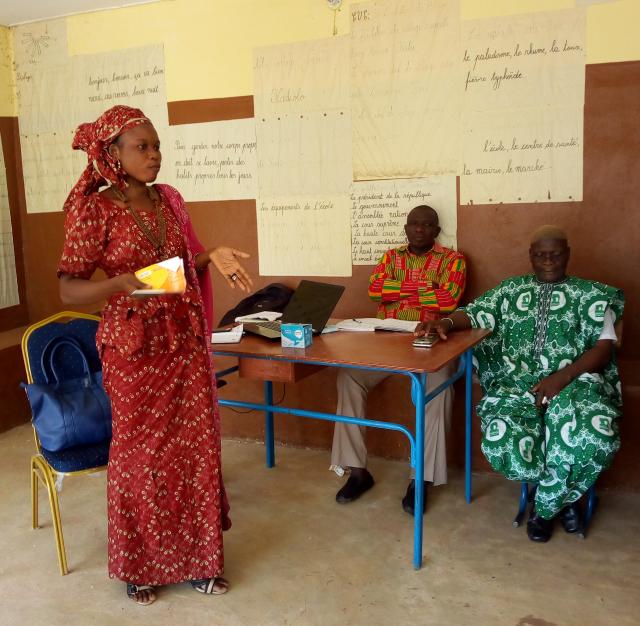
In execution Mali
Chinfinw ka Baara sira - Vocational training for youth in Mali
Education, vocational training and employment
Chinfinw ka Baara sira - Vocational training for youth in Mali -
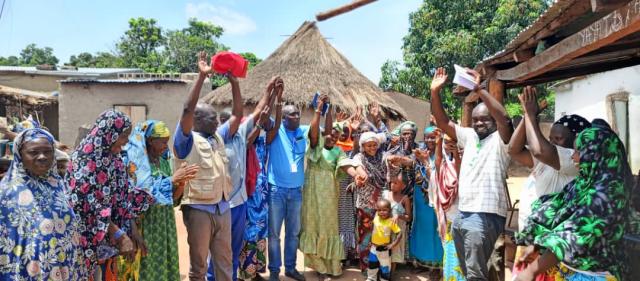
In execution Mali
Strengthening the resilience of the rural communities in the Kita Circle and their access to the mar...
Agriculture, forestry and fishery
Strengthening the resilience of the rural communities in the Kita Circle and their access to the market system - Phase III -
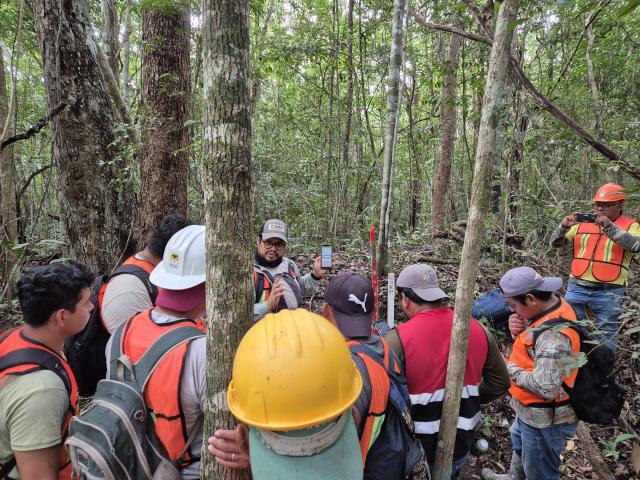
In execution Latin America and the Caribbean
Sustainable management of forests
Agriculture, forestry and fishery
Sustainable management of forests

